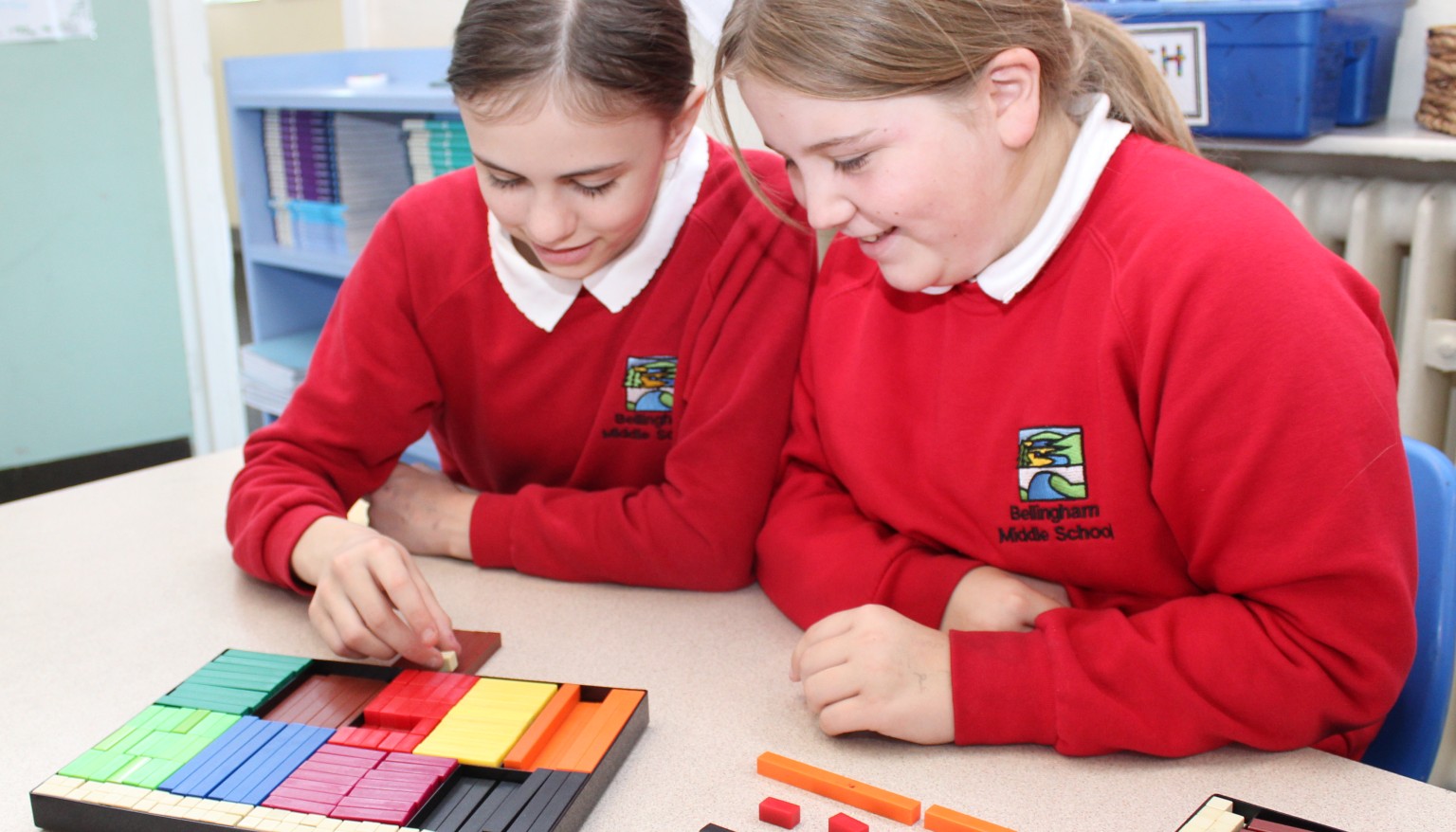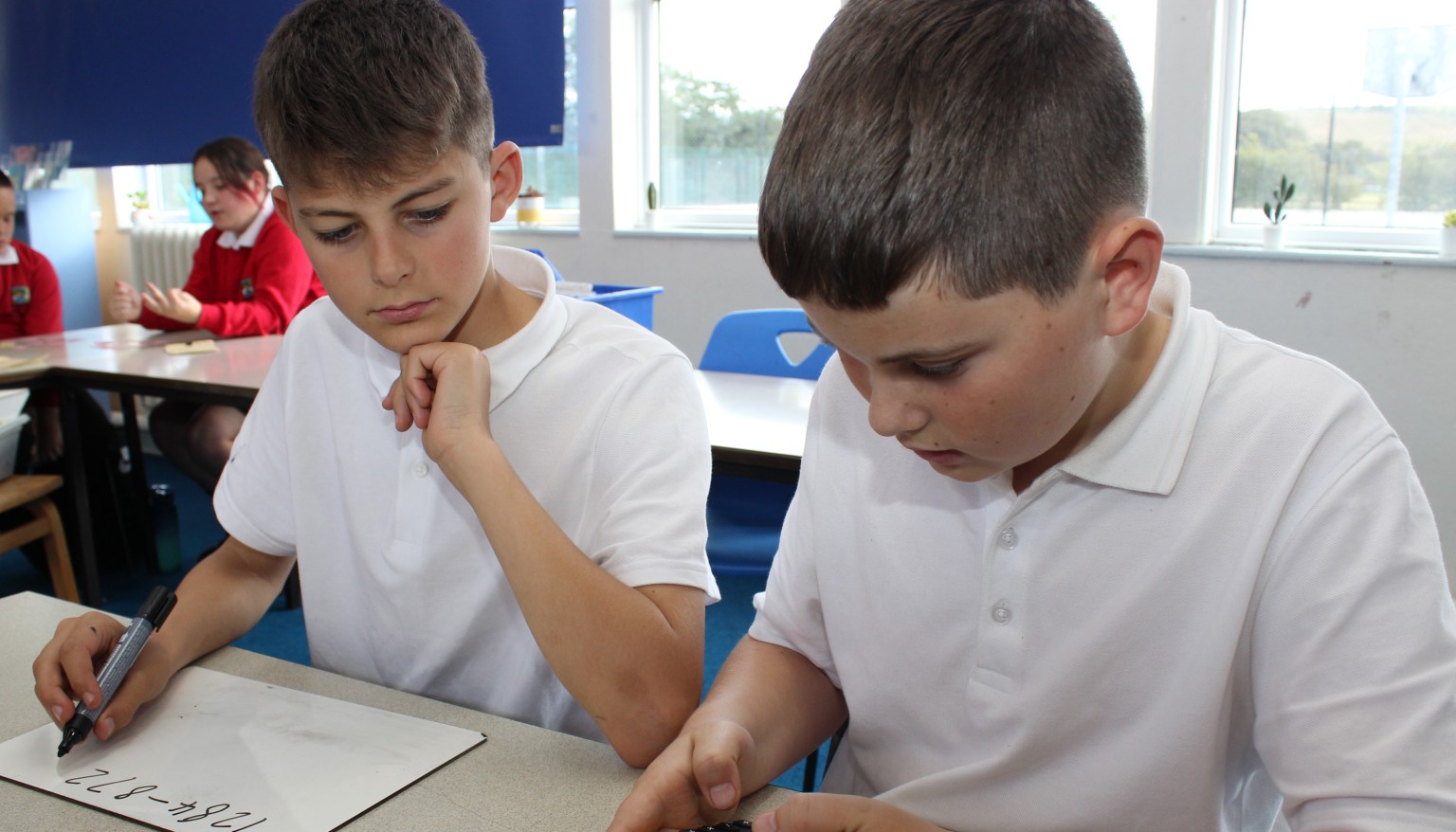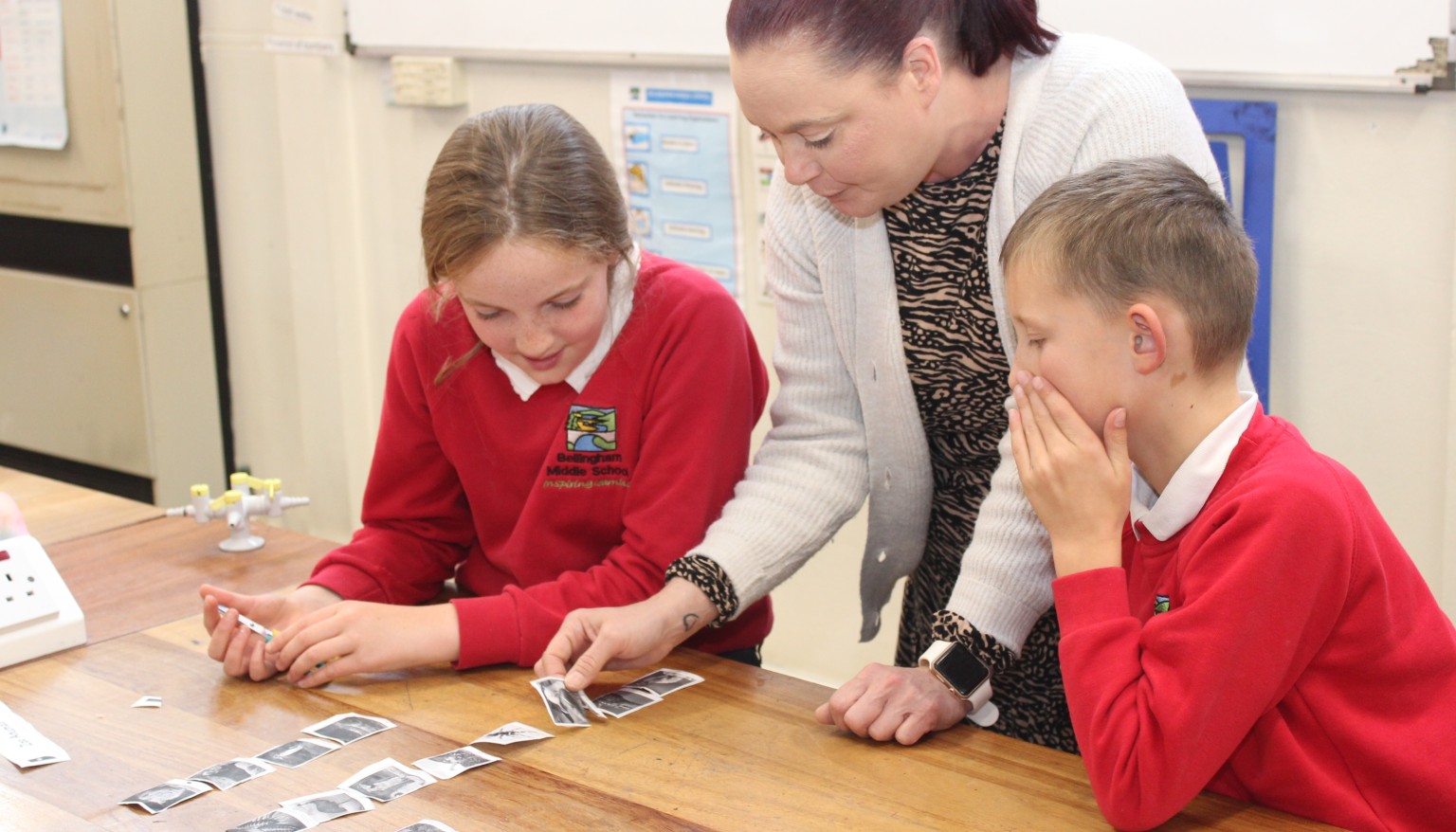












What is pupil premium?
The pupil premium is a government scheme that was introduced in 2011 to improve the education of underprivileged children. It was launched after several research papers suggested that there was a significant gap between the educational performance of disadvantaged children and their classmates. In contrast to the rest of their classmates, many children who are eligible for pupil premium have to face extra challenges daily. These challenges can include attendance issues, lack of confidence and difficulty communicating with others.
The scheme aims to grant schools with extra funding so that they’re able to provide additional support for children who are faced with these types of challenges. It’s objective is to help schools unlock the learning potential of their pupils and provide them with a better education. It also aspires to narrow the gap of educational development between children of underprivileged backgrounds and their peers.
Children can be eligible for the pupil premium for a variety of reasons. These include their family circumstances, such as their income or occupations, and whether or not they’re in care. If a child is eligible, a school will receive the necessary amount of funding for each child per school year. For a school to receive funding, they must have a pupil that falls into one of these categories:
Schools are allowed to spend their pupil premium funding in whatever ways they see fit. This is because teachers and educational leaders are the most qualified at identifying what their pupils need most. However, the government advises that schools carefully plan their spending and ensure that the funding is not simply absorbed into the mainstream school budget. They are encouraged to ensure that spending is carefully targeted to increase the achievements of their disadvantaged pupils. Research has continued to show that if spent in the correct ways, pupil premium funding can help to increase the academic ability of underprivileged children; particularly in core subjects such as Maths and English.